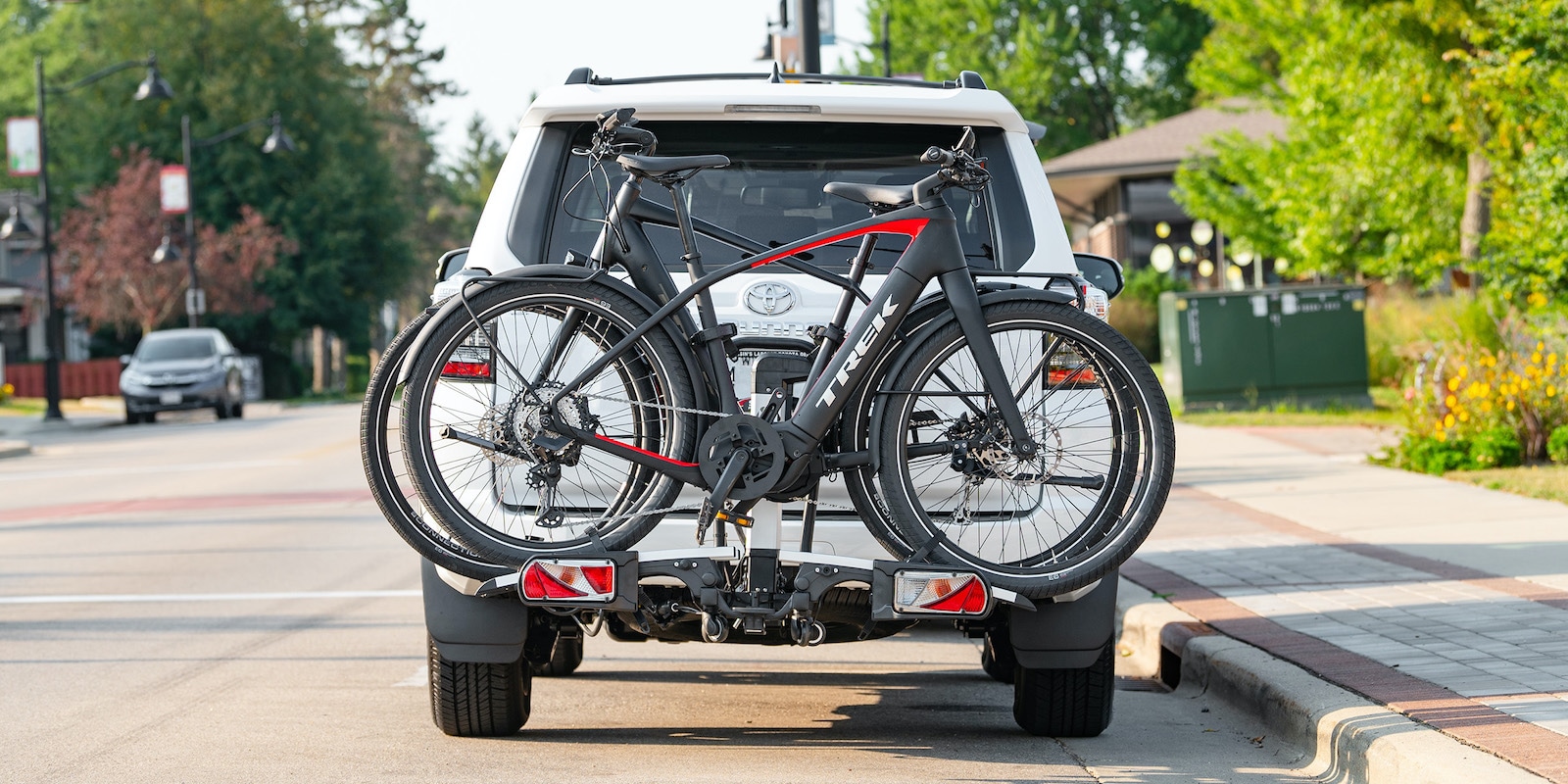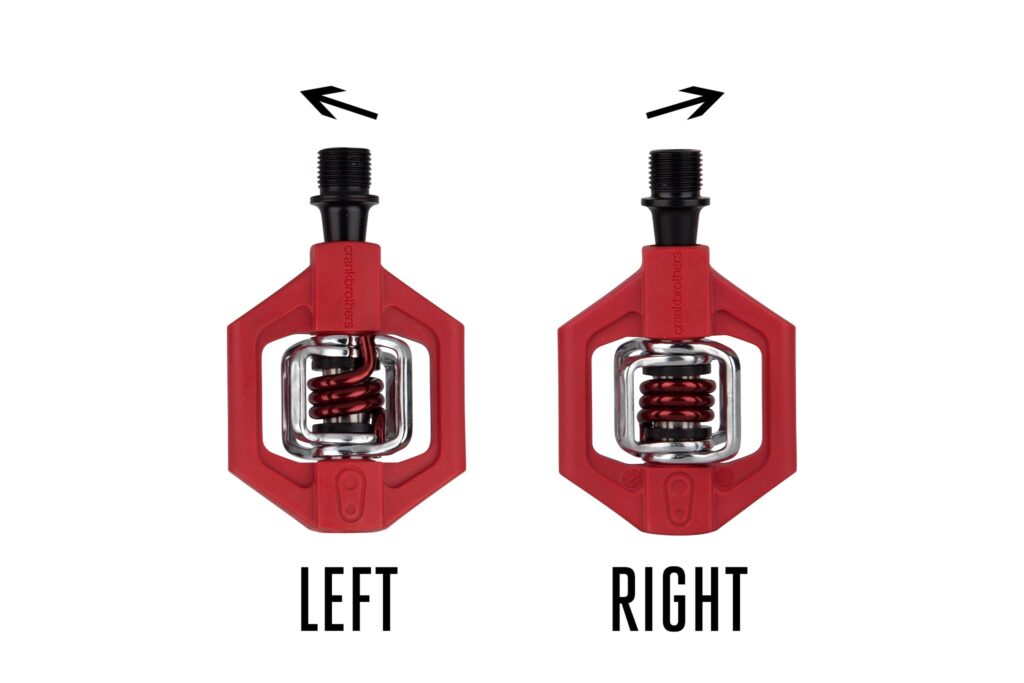Have you ever wondered if your trusty bicycle is actually considered a vehicle? It’s a question that might not cross your mind often, but knowing the answer could change the way you ride.
Whether you’re cycling down a bustling city street or enjoying a leisurely ride through the park, understanding the rules and regulations can help you stay safe and confident. You’ll discover the surprising truth about bicycles and their legal status. You’ll learn how these insights might just transform your cycling experience.
So, why not pedal forward with us and uncover everything you need to know?

Credit: www.flhsmv.gov
Legal Definitions Of Bicycles
Bicycles fall under the category of vehicles in many legal systems. They must follow road rules like cars and trucks. Bike riders often share the road with motor vehicles, requiring adherence to traffic laws.
Understanding whether bicycles are considered vehicles is crucial for cyclists and drivers alike. This knowledge affects how you navigate roads and interact with traffic laws. Let’s delve into the legal definitions of bicycles and how they fit into the broader category of vehicles.What Constitutes A Vehicle?
The term “vehicle” often conjures images of cars and trucks, but legally, it can encompass much more. A vehicle is generally defined as any device that transports people or goods on a road. This broad definition can include bicycles, depending on local laws.Are Bicycles Considered Vehicles Under The Law?
In many places, bicycles are indeed classified as vehicles. This means cyclists must follow the same rules of the road as drivers. For instance, they must obey traffic signals and signs, and they can be fined for violations like running a red light.Variations In Legal Definitions By Region
Legal definitions can vary significantly from one region to another. In some areas, bicycles are given a unique category, distinct from motor vehicles. This can affect where you can ride your bike—such as on sidewalks or pedestrian paths—and your responsibilities while on the road.Personal Experience: Navigating Legal Definitions
I remember once being pulled over by a police officer while cycling in a busy city. He reminded me that, as a cyclist, I needed to adhere to the same traffic laws as cars. This experience reinforced the importance of understanding local bicycle laws to avoid any unwelcome surprises.Why Understanding These Definitions Matters
Knowing whether bicycles are legally considered vehicles where you live can impact your safety and legal obligations. It can also inform your decision-making, such as whether to ride in traffic lanes or on the sidewalk. Are you aware of the laws in your area, and how might they influence your cycling habits? Understanding these legal definitions helps ensure you’re riding safely and within the law. Whether you cycle for commuting or leisure, being informed can make your ride smoother and more enjoyable.
Credit: yotobike.com
Bicycles In Traffic Laws
Bicycles play a crucial role in modern transportation. Understanding how they fit into traffic laws is essential for cyclists and drivers. Traffic laws guide behavior on roads and ensure safety. Let’s explore how bicycles are treated under these laws.
Bicycles And Vehicle Definition
Most traffic laws classify bicycles as vehicles. This classification means bicycles follow similar rules as cars. Cyclists must obey traffic signals and signs. They are expected to ride in the same direction as traffic. This helps maintain order on the road.
Rights And Responsibilities
Cyclists have rights on the road similar to drivers. They can use road lanes but must stay to the right. This makes space for faster vehicles. Cyclists should use hand signals to indicate turns. These signals communicate intentions to drivers.
Specific Bicycle Laws
Some areas have specific laws for bicycles. Helmets may be required for safety. Reflectors or lights might be mandatory at night. These rules enhance visibility and prevent accidents. Understanding local laws helps cyclists stay compliant.
Penalties For Violations
Violating bicycle laws can lead to penalties. Fines or warnings are possible consequences. Adhering to laws prevents these issues. It also promotes a safer environment for everyone.
Importance Of Education
Learning traffic laws is vital for cyclists. Education programs can teach these laws. Schools and community centers often offer classes. These programs increase awareness and safety.
Implications For Cyclists
Bicycles are a common sight on roads, but are they considered vehicles? This question carries significant implications for cyclists. Understanding how bicycles fit into traffic laws can influence your daily ride, safety, and even legal responsibilities.
If bicycles are considered vehicles, cyclists must adhere to the same rules as cars. This means stopping at red lights, yielding to pedestrians, and following road signs. It’s not just about safety; it’s about being a responsible road user.
Safety First: Knowing your rights and responsibilities can make you a safer cyclist. If you treat your bike as a vehicle, you’re more likely to follow rules that protect you from accidents. This mindset ensures you’re predictable to other road users.
Have you ever wondered why some drivers seem frustrated with cyclists? It might be because cyclists sometimes ignore rules. As a cyclist, respecting traffic laws can improve your relationship with drivers and pedestrians.
Legal Responsibilities
Being aware of your legal duties can save you from fines or trouble. If bicycles are vehicles, you might need to signal turns or have lights at night. These small actions can make a big difference in your safety and compliance.
Imagine riding at night without lights. You might be invisible to drivers, increasing the risk of accidents. By considering your bicycle as a vehicle, you’re compelled to use lights, making you safer and legally sound.
Practical Tips
Always carry a bike helmet and use it. It’s not just a legal requirement; it’s a lifesaver. Equip your bike with reflectors and a bell. These simple additions can prevent accidents and make your ride smoother.
Do you have a bike lock? If bicycles are vehicles, leaving them unsecured is akin to parking a car without locking it. Invest in a good lock to protect your bike, considering it’s both your transportation and investment.
Community And Respect
Being a responsible cyclist earns you respect in your community. When you follow rules, you set an example for others. This can influence the local cycling culture positively, making roads safer for everyone.
Do you feel your city supports cyclists well? If not, being a law-abiding cyclist can help advocate for better cycling infrastructure. When authorities see cyclists respecting rules, they’re more likely to invest in safer lanes and paths.
Understanding the implications of bicycles as vehicles is not just about following rules; it’s about enhancing safety, legal compliance, and community respect. How can you change your cycling habits to reflect this understanding?

Credit: www.rei.com
Conclusion
Bicycles do fit the definition of vehicles in many places. They share roads with cars and follow traffic rules. This varies based on local laws, so always check first. Riding a bicycle offers health benefits and reduces pollution. It’s an eco-friendly choice.
Understanding how bicycles are classified helps in safe riding. It also ensures compliance with regulations. So, whether commuting or leisure riding, enjoy the journey. Bicycles play a key role in sustainable transportation. Happy cycling!


